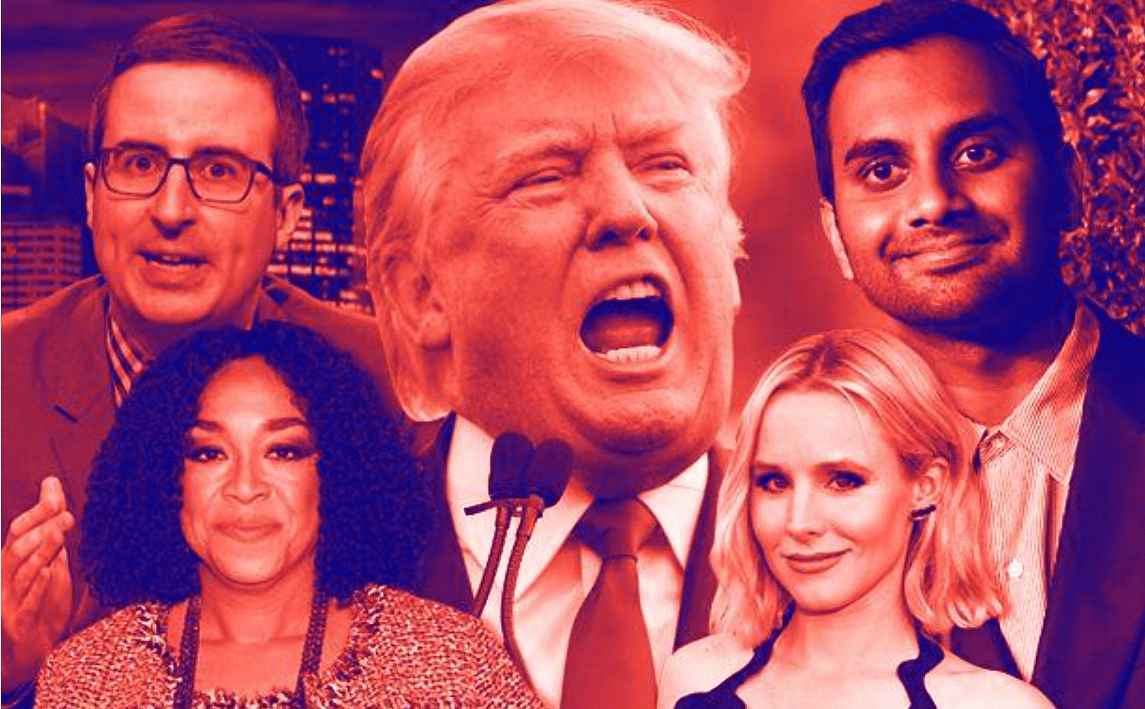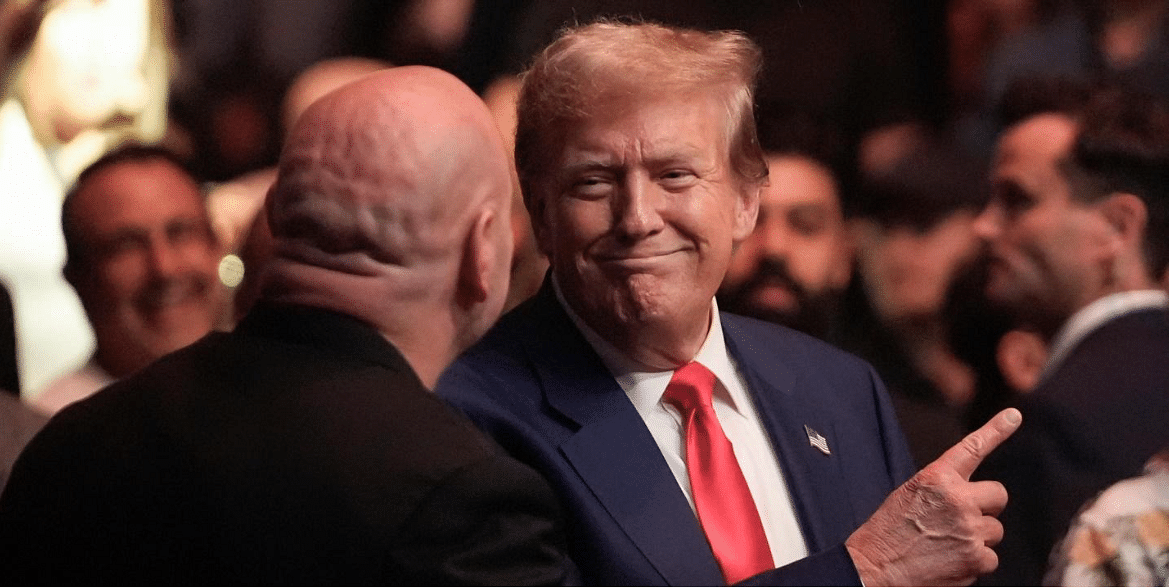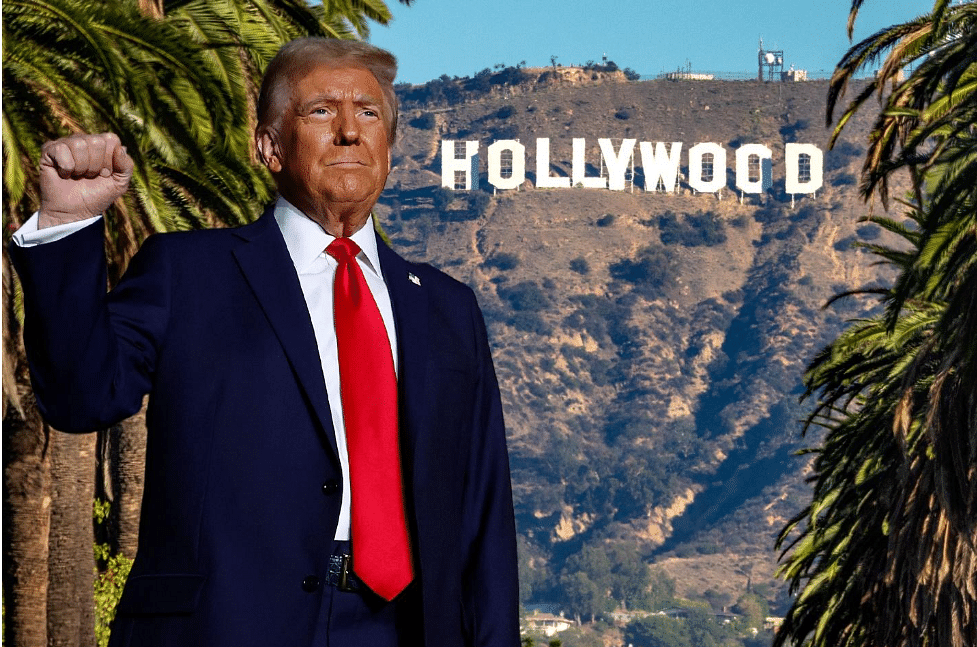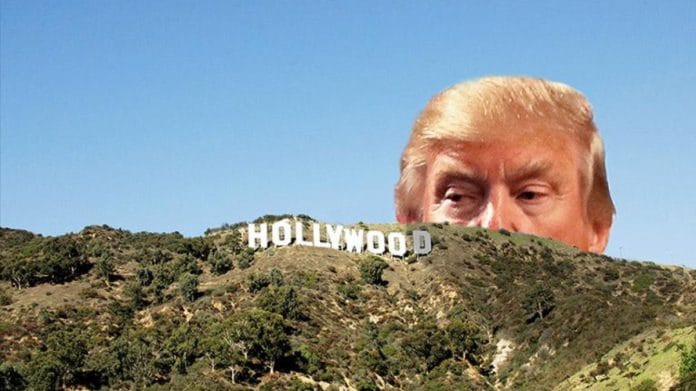Thank you dear subscribers, we are overwhelmed with your response.
Your Turn is a unique section from ThePrint featuring points of view from its subscribers. If you are a subscriber, have a point of view, please send it to us. If not, do subscribe here: https://theprint.in/subscribe/
Donald Trump’s return to the White House has sent shockwaves through the United States and beyond, but perhaps nowhere more than Hollywood. The question hangs heavy over the industry. Does Hollywood have the courage or the capacity to withstand another Trump presidency?
Star-Studded Activism Meets Political Reality
The 2024 U.S. presidential election wasn’t just a political showdown. It was a cultural spectacle. Kamala Harris’s campaign pulled out all the stops, spending an estimated $654 million, much of which went toward high-profile endorsements and celebrity appearances. Taylor Swift, Beyoncé, George Clooney, and Ariana Grande lent their star power to Harris’s rallies. The pop culture blitz extended to social media, where figures like ‘Game of Thrones’ star Sophie Turner, pop legend Cher, and singer Billie Eilish, Madonna vocally opposed Trump.
Harris’s costly strategy, including reports of $20 million per celebrity event and $1 million for Oprah Winfrey’s support, failed to sway voters. Trump’s resounding victory exposed the limits of Hollywood’s political influence, forcing the industry to reflect on its inability to shape public opinion.

A Divided Hollywood
Trump’s win has left Hollywood at a crossroads. Historically a stronghold of liberal values, the industry now faces a harsh reality. A significant portion of the American public supports a president many in Hollywood openly oppose. The entertainment sector’s recent struggles pandemic induced shutdowns, the rise of AI, prolonged strikes over wages, and declining theater attendance, add layers of vulnerability.
The fear of retaliation casts a long shadow. Trump’s first term included attempts to defund the arts and public broadcasting, with proposals to slash the Public Broadcasting Corporation’s budget from $445 million to just $30 million. Though these efforts failed, they underscored the administration’s willingness to undermine the cultural sector.
These Precedent fuels speculation that Trump’s second term might bring more aggressive measures. During his campaign, he hinted at taking personal control of the Federal Communications Commission (FCC) and revoking the licenses of media outlets critical of him.
Stephen Galloway, dean of Chapman University’s College of Film and Media Arts, encapsulated the industry’s unease: “If I were rich today, I wouldn’t buy stock in the Hollywood world.”

Resistance and Retreat
Despite these challenges, pockets of resistance remain. Following Trump’s victory, actress Jamie Lee Curtis took to social media, warning of ‘a very difficult time’ ahead and urging Americans to ‘stand up and fight against tyrannical rule.’ Her call to action reflects the defiant spirit of many in Hollywood who view the arts as a vehicle for social change.
Yet, not all are willing to take such risks. A growing number of industry insiders support a more unpolitical approach, focusing on ‘peaceful entertainment’ to rebuild trust with broader audiences. This retreat from overt political discourse marks a significant departure from the activism that defined Trump’s first term, when the #MeToo movement and Black Lives Matter protests inspired a wave of socially conscious films and television.
The Rise of Right-Wing Hollywood?
As Hollywood recalibrates, some predict a gradual shift toward conservative narratives. Trump’s enduring popularity suggests that ignoring his base could be a costly mistake. With production houses increasingly mindful of market trends, the possibility of Pro-Trump or Right-Leaning content gaining traction is not far fetched.
In fact, some argue that Hollywood’s survival depends on its ability to embrace ideological diversity. A growing appetite for patriotic themes, faith based stories, and traditional values could guide the industry into uncharted waters, reshaping its cultural landscape.

Trump’s Shadow Over the Arts
Trump’s contentious relationship with the arts predates his presidency. From mocking Meryl Streep at the Golden Globes to slashing arts budgets, his contempt for Hollywood is well documented. His second term could intensify this antagonism, particularly if the industry continues to critique his policies.
Yet, Hollywood’s resilience should not be underestimated. The industry has weathered numerous challenges from McCarthy era blacklists to the digital revolution emerging each time with renewed purpose and creativity.
The Next Four Years
As the industry braces for what lies ahead, one thing is clear: Hollywood’s response to will shape not only its own future but also its legacy as a cultural and political force. Will it retreat into apolitical escapism, embrace rightward narratives, or double down on its commitment to progressive ideals?
The answer will unfold in the scripts that are written, the films that are made, and the audiences that show up or don’t to watch them. For now, Hollywood stands at a crossroads, its next act waiting to be written.
These pieces are being published as they have been received – they have not been edited/fact-checked by ThePrint.


